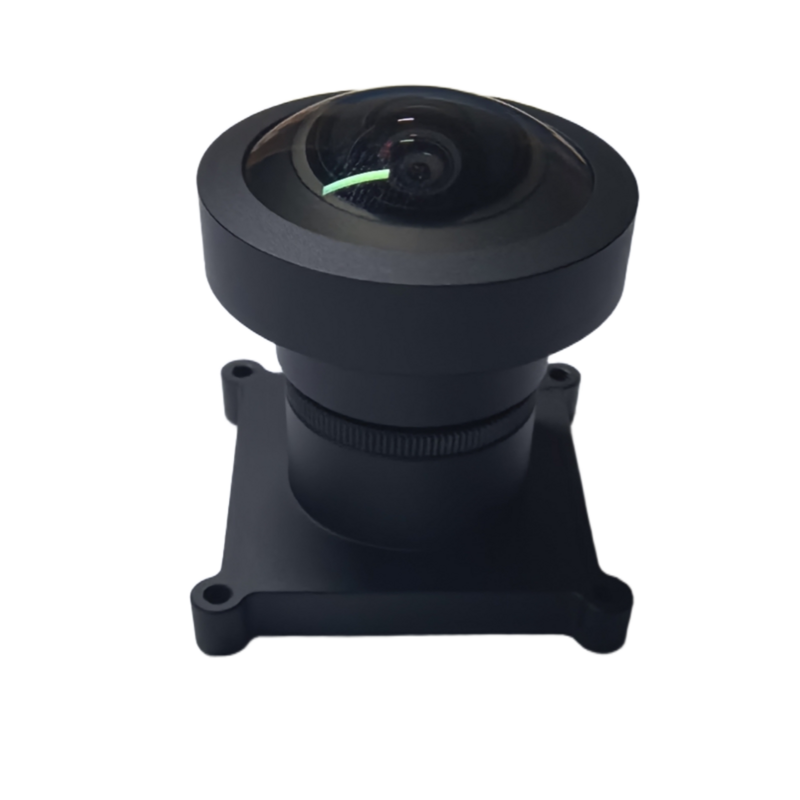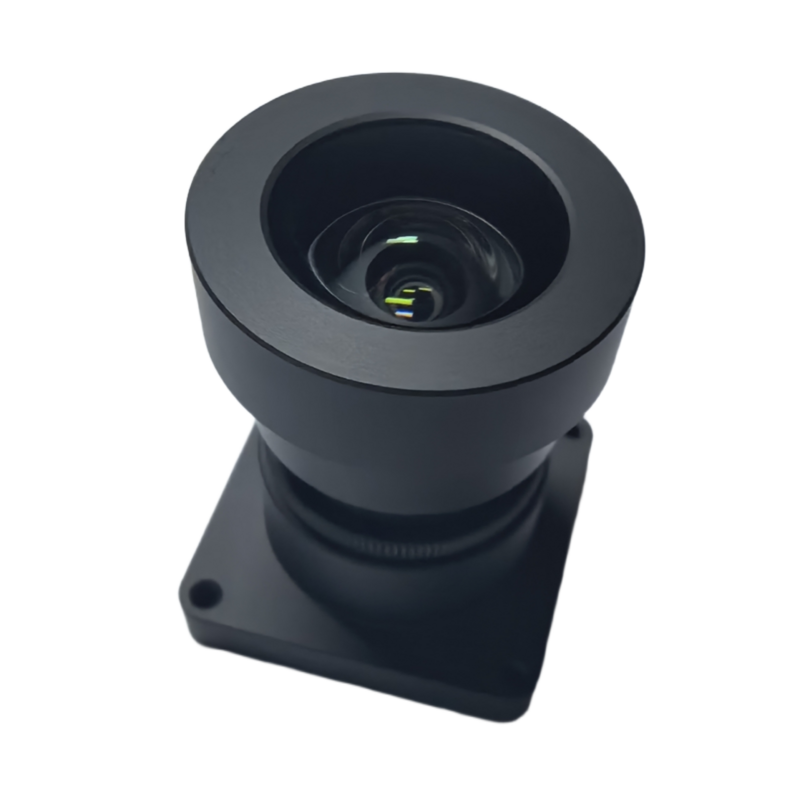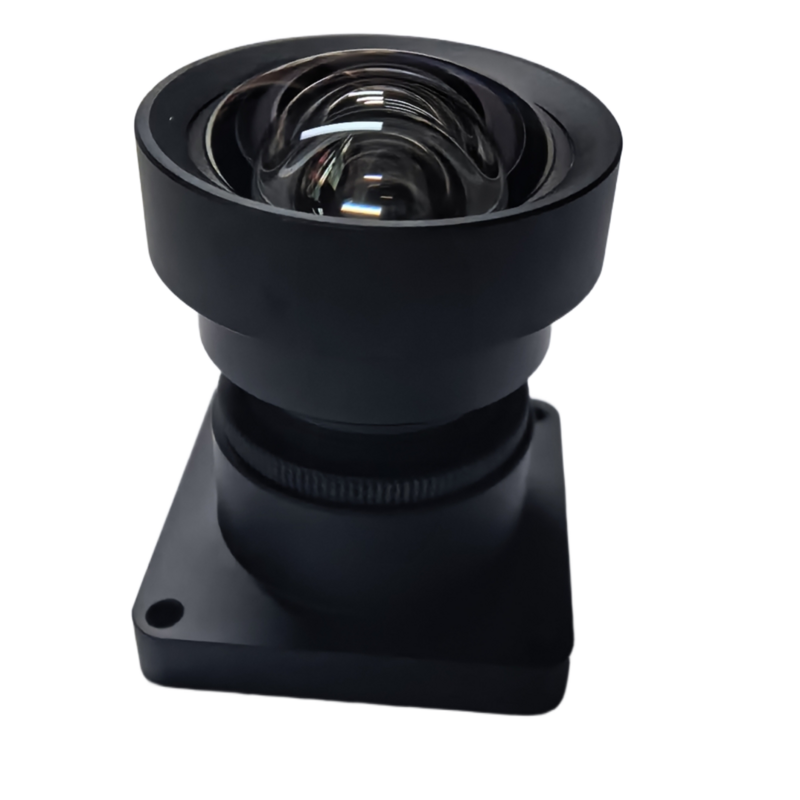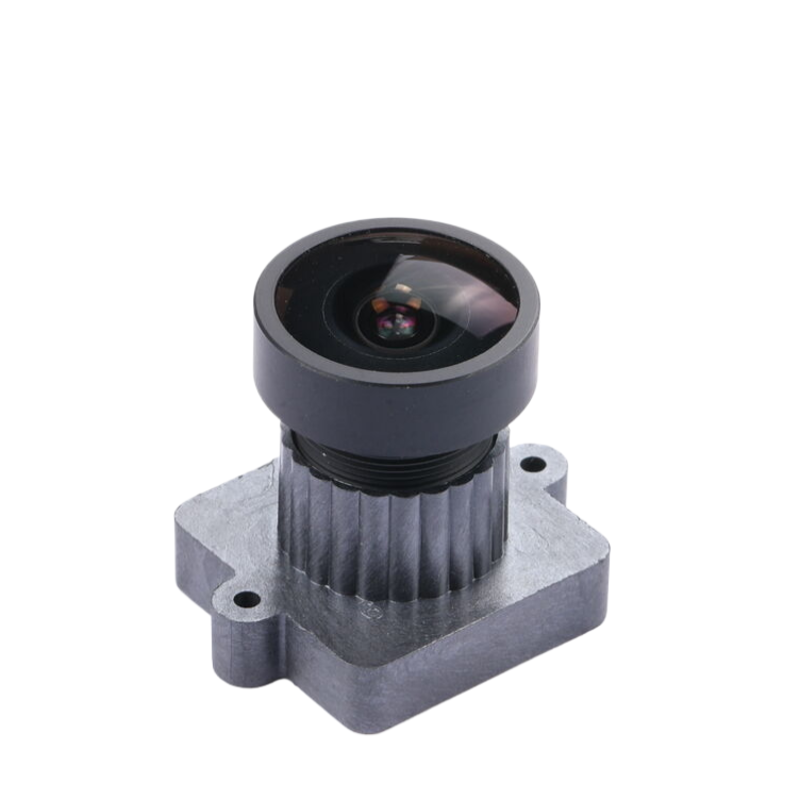Industrial News
The Key Factors to Consider
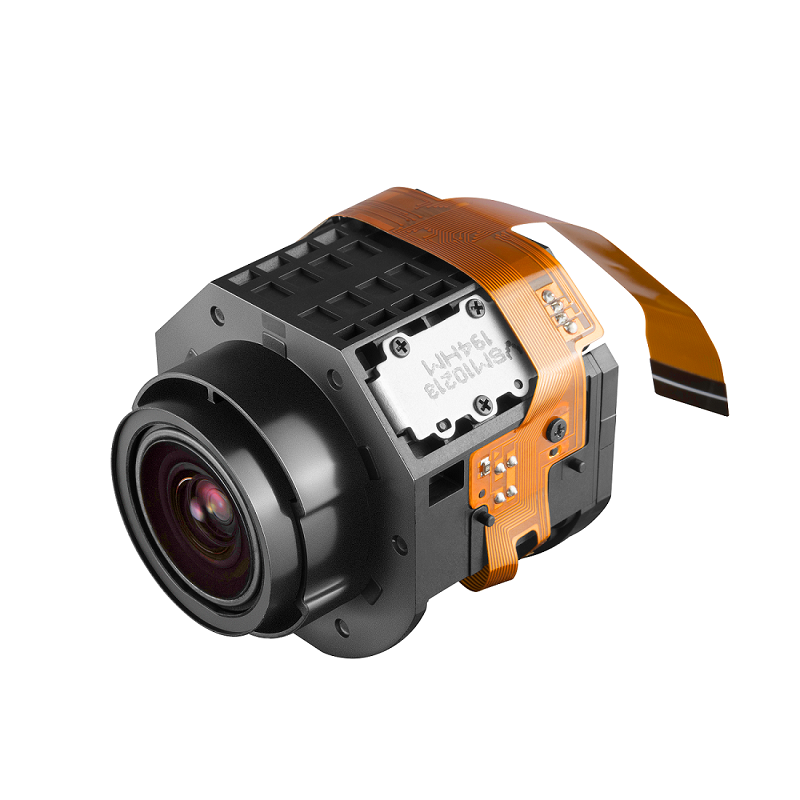
When it comes to choosing the bifocal resin lens that suits your needs, there are several vital factors to take into consideration. By carefully evaluating each element, you can ensure that you find the perfect lens that meets your requirements for clarity, comfort, and safety.
Prescription and Lens Design
The first step in selecting the right bifocal resin lens is to consult with your optometrist and obtain an accurate prescription. This is crucial because the strength and configuration of the lenses will vary depending on your specific visual impairment. Additionally, you should consider the lens design, which includes factors such as the size and shape of the near and distance vision zones.
Material Selection
The material of the bifocal resin lens has a significant impact on its durability, weight, and aesthetics. The most common materials used for bifocal lenses include glass, plastic, and polycarbonate. However, resin lenses are preferred by many due to their lightweight nature and impact resistance. Moreover, resin lenses can be customized with various coatings, such as anti-glare and scratch resistance, to enhance their performance and longevity.
Frame Compatibility
Consider the frame that will hold your bifocal lenses. It is essential to select a frame that is compatible with the resin lens design to ensure a comfortable fit, proper alignment, and optimal visual performance. The size and shape of the frame should provide adequate coverage for both the near and distance vision zones of the bifocal lens. Consulting with an optician can help you choose a frame that complements your facial features and provides the necessary support for the bifocal lens.
Conclusion
In conclusion, selecting the right bifocal resin lens requires a thoughtful evaluation of various factors, including prescription, lens design, material selection, and frame compatibility. By considering these critical aspects, you can find a lens that provides clear vision, comfort, and durability. Remember to consult with your optometrist and optician for professional guidance, as they will help you make an informed decision that suits your unique visual needs.
 English
English  German
German Japanese
Japanese Korean
Korean Vietnamese
Vietnamese French
French Spanish
Spanish भारत
भारत
